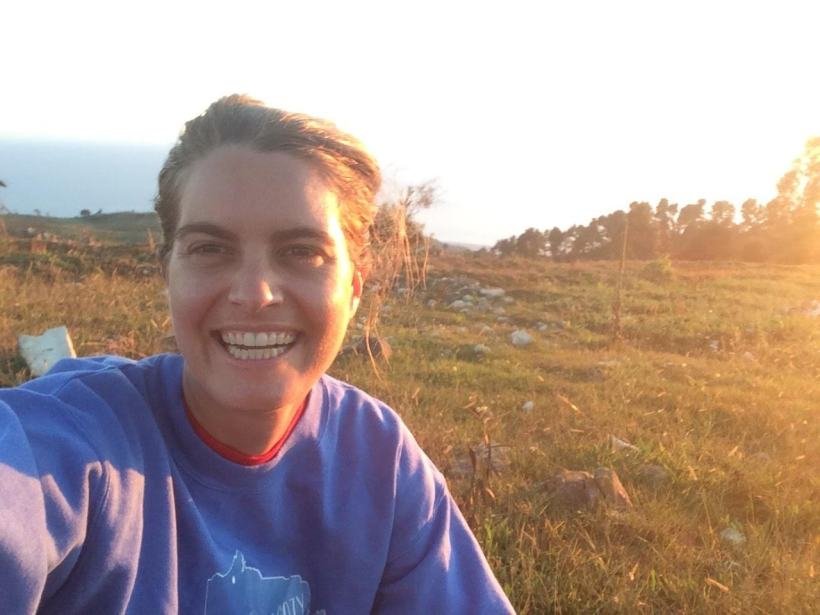Reflections from the 2019 British Columbia Coalition Institute
By Claire Remington
A recent UN report celebrated the insight that “Indigenous sovereignty could save the planet.” At the British Columbia Coalition Institute workshop at the University of Victoria, Dr. Shannon Waters, a member of Stz’uminus First Nation and a Medical Health Officer with the Vancouver Island Health Authority, expounded on this insight with her observations of the state of planetary health in her home territory of Cowichan Valley. Planetary health is a field of research that illuminates the relationship between human health and the health of the environment. Dr. Waters plays a key leadership role on the Cowichan Watershed Board. The Cowichan Watershed Board is co-chaired by indigenous leadership and was instituted in response to a myriad of issues with water quality and availability in the Cowichan Valley.
The Cowichan Valley Regional District describes how summer drought is the “new normal” in the Cowichan Valley. Drought has immediate impacts on key ecosystem functioning like the availability of water in rivers for salmon migration as well as more indirect impacts on mental heath. Ecological grief, or solastalgia, is the experience of grief produced in response to the dramatic scale of ecological loss that we are experiencing, or anticipating, on both local and global scales. For indigenous communities, the sentiment of eco-grief can be magnified by the degree of connectedness of people with their land produced through historical relationships that continue to this day. These relationships are being tested by dramatic changes in environmental conditions that make it difficult, if not dangerous, to continue with traditional practices.
Dr. Waters shared how there was an outbreak of Vibrio cholera in Cowichan last year caused by the consumption of herring eggs. Eating raw herring eggs are a traditional food practice for many First Nations communities, but the health authorities’ response on the issue was to cook the herring eggs prior to consumption. It was conjectured that the prevalence of V. cholera was caused by an increased availability of nutrients and an increase in ocean temperatures and pH. This is one example among countless of the challenges, tension, and grief that we are experiencing – and anticipating – as a result of climate change.
I have been coaching Ultimate Frisbee to youth in indigenous communities with Victoria-based Ultimate Spirit. Ultimate Spirit was created in collaboration with the Indigenous Sport, Activity, and Recreation Council (ISPARC); Ultimate Canada; and BC Ultimate. Central to Ultimate Spirit is the principle of Spirit of the Game. Spirit of the Game has several tenets to guide players towards a greater sense of community even in times of competition, but fundamentally Spirit of the Game refers to the fostering of connection – between you and your spirit, between you and fellow players, and between you and your surrounding environment. Guided by the principles of Spirit of the Game, Ultimate Spirit seeks to use sport as a mechanism for social change, a fostering of wellbeing, and creating opportunities for healing.
As a coach with Ultimate Spirit, I have been grateful to share my enthusiasm for Ultimate Frisbee and what I’ve learned about connectivity through sport and Spirit of the Game. After listening to Dr. Waters and her clear expression that “we are the stories we tell ourselves,” I am grateful to learn more about how to foster confidence and positivity in indigenous youth around managing eco-grief and stewarding our planetary systems.

Claire is a master’s student in the Public Health & Environmental Engineering (PH2E) Lab at the University of Victoria. Her research explores the design of sustainable sanitation systems from three different but complementary perspectives: lab-based environmental engineering work to characterize fresh faeces, big-picture desk-based research looking at the flow of nitrogen through global agriculture and sanitation systems, and the installation of a composting toilet on the UVic campus. She communicates through these varied perspectives that sanitation is a global issue; the design of sanitation systems that 1) protects public health and 2) stewards sustainable water and biogeochemical cycles is an urgent priority for both developing and developed country contexts.
Previously, she was engaged in economic, geographic, and public health analyses of SOIL’s household sanitation service in Cap Haitien, Haiti.
(For more information: https://claireremington.com/)